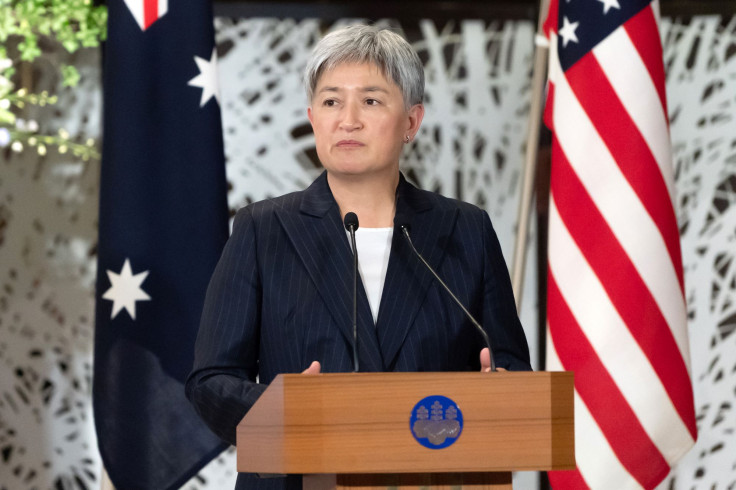
Australia broke away from U.S. policy on Thursday, after the country voted to recognize the "permanent sovereignty" of Palestinians for the first time in a United Nations resolution.
While the U.S., Israel, Canada and four other countries voted against the resolution, Australia and 158 countries voted in favor of it. Eleven countries abstained from the vote, as reported by The Guardian.
Those in favor voted to recognize the "permanent sovereignty of the Palestinian people in the Occupied Palestinian Territory, including East Jerusalem, and of the Arab population in the occupied Syrian Golan over their natural resources."
The Australia/Israel and Jewish Affairs Council said that this is the first time that Australia has voted "yes" on the issue in two decades, as reported by 9News.
"While Australia does not agree with everything in the resolution, this vote reflects international concern about Israeli actions that impede access to natural resources, and ongoing settlement activity, land dispossession, demolitions and settler violence against Palestinians," a spokesperson for Foreign Minister Penny Wong said in a statement.
Nicholas Koval, the U.S. political advisor to the UN, called the vote "unfairly critical of Israel." "One-sided resolutions will not help advance peace. Not when they ignore the facts on the ground. One-sided resolutions are purely rhetorical documents that seek to divide us at a time when we should be coming together. And one we must not cling to longstanding lines of division," Koval said, as reported by 9News.
Meanwhile, Nasser Mashni, president of the Australia Palestine Advocacy Network, said Australia's shift was "long overdue" and called on Australia to "help end Israel's genocide, illegal occupation, and apartheid in Palestine."
"Australia's support marks an acknowledgement of the catastrophic impact of Israel's relentless appropriation and destruction of Palestinian resources and sends a clear signal that the world is demanding accountability for these injustices," Mashini said, as reported by the Australian Broadcasting Corporation.
The draft resolution is now set to be brought before the UN General Assembly for consideration.
© 2025 Latin Times. All rights reserved. Do not reproduce without permission.



